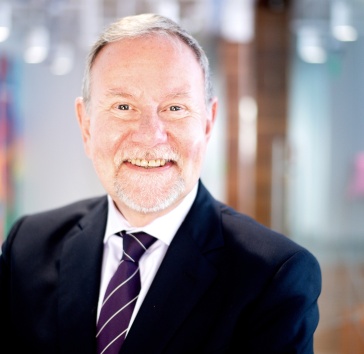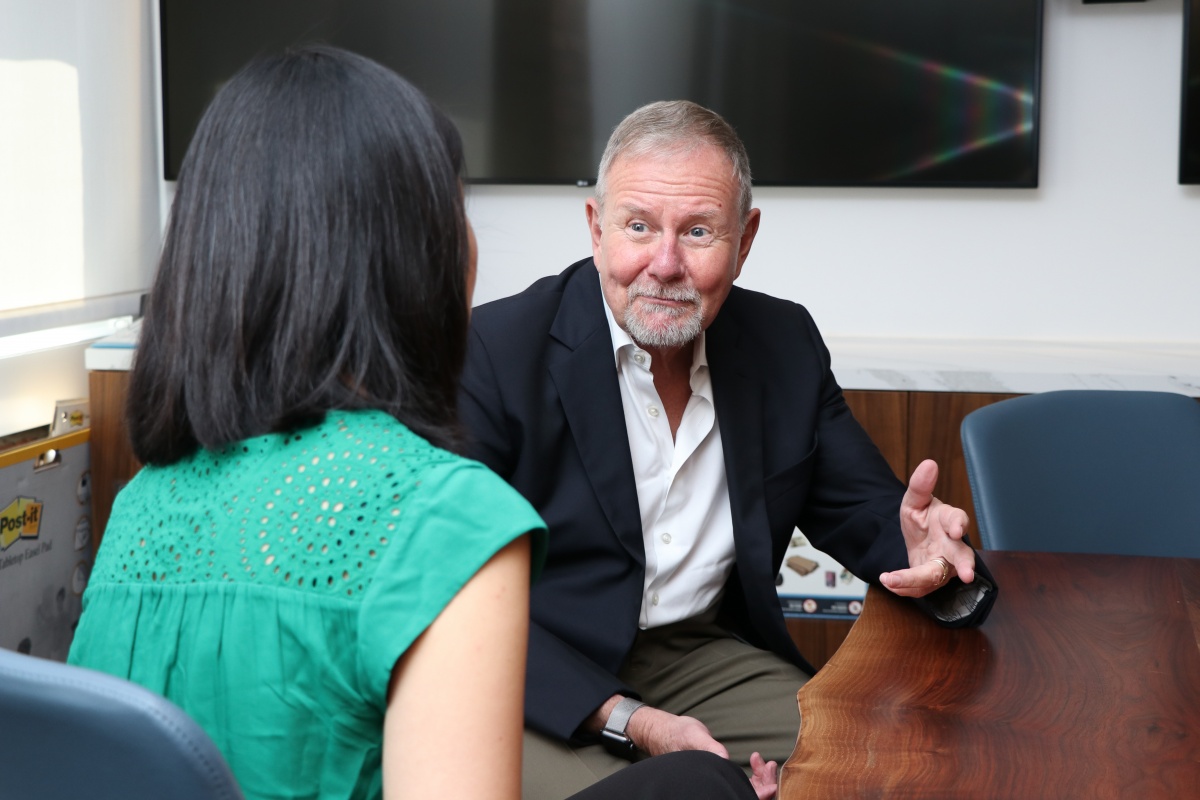It Wasn’t Supposed to End This Way: Lessons we’ve learned and one we can’t afford to miss

Reflections on a year with the Foundation, capping a career in health
This post started out as an appreciation for the past year I spent leading this Foundation: why I came here, what I gained from the wonderful people with whom I got to work. However, as I began to write, in the eye of the COVID-19 storm, I found myself reflecting more broadly on the foundation and its mission of prevention.
Over the past fifty years I’ve wound my way through a loosely related series of reform efforts: bail reform and police use of force, deinstitutionalizing state mental hospitals, testing community-based alternatives to nursing homes, reorienting hospitals toward primary care based systems, promoting public health and universal coverage, rethinking how integrated delivery systems can change the health of communities, and, finally, mitigating climate change.
Each step along that journey further illuminated how limited we are when we act after the damage is done. I became a believer in prevention because it works better than anything else we’ve tried. It’s a pragmatic choice, not a matter of science or philosophy or persuasion by others. Confronting the terrible COVID-19 pandemic at this very moment, I am struck by the previous epidemics my work has taken me through over the years. Each time, we learned important lessons about prevention and preparedness.
I became a believer in prevention because it works better than anything else we’ve tried. It’s a pragmatic choice, not a matter of science or philosophy or persuasion by others.
With HIV, we saw how love and activism could work hand in hand with science and power to stop an epidemic. Tobacco taught us how social norms and government regulation could drive behavior change and save countless lives. With obesity, we learned how positive leadership and the marketing techniques that created the epidemic could be turned into catalysts for change. With H1N1 and SARS and Ebola, our eyes were opened to just how globalized these urgent health threats have become, and how powerful economic and cultural forces shape both the spread of disease and our response to it. In the case of violence at home and in communities, and the growing health effects of climate change, the lessons are sadly not yet written.
Today, as we struggle to contain COVID-19, I see the same story unfolding. Let’s write a different ending.
Across each of these crises that I have lived and worked through, the positive lessons have too often receded quickly into history. And across all these events, the courageous and optimistic and effective steps that were taken by many were still undercut by prevailing inequities rooted in racism, harmful gender norms, xenophobia, and economic exploitation. Again and again, these ugly forces surfaced in different forms: stigma and isolation for victims and their advocates, lack of access to testing and care, misinformation and disinformation, vilifying science, inequitable benefits, and higher death rates for people of color.
 And each time the crisis subsided, we failed to invest in the preventive, diagnostic, technological, and personnel resources we would need to confront future health crises. We failed to address the crippling sources of inequity. We should have invested in resilient, engaged communities that could mobilize to prevent, or quickly stop, future public health assaults. When we did invest for the future, it was too often focused on restoring the status quo.
And each time the crisis subsided, we failed to invest in the preventive, diagnostic, technological, and personnel resources we would need to confront future health crises. We failed to address the crippling sources of inequity. We should have invested in resilient, engaged communities that could mobilize to prevent, or quickly stop, future public health assaults. When we did invest for the future, it was too often focused on restoring the status quo.
Today, as we struggle to contain COVID-19, I see the same story unfolding. Let’s write a different ending.
What drew me to this Foundation in the first place was its aggressive commitment to prevention and to attacking exactly these root causes of ill health and violence. Two years ago, the Foundation’s Board endorsed an explicit shift to focus on the Californians who face the greatest challenges, with the bold goal of making California the healthiest state with the lowest rate of domestic violence.
We have begun to see the enormous potential for better health in communities that have long been marginalized and subjected to the harshest inequities. We have come to understand that health is not just influenced by social, economic, and cultural forces; it requires change directly in those conditions and institutions. This investment in prevention has been far more challenging than we anticipated. There is no “prevention sector.” There are no “prevention agencies.” There is only an incomplete “body of prevention practice” and an underutilized “body of prevention evidence.” So, we began investing in organizations that are committed to improving the lives of the people in their communities: community foundations, local public health departments, activists and artists, community action organizations, social movements, advocates for marginalized people, survivor groups, and more. We call this “the pipeline to prevention.”
We have come to understand that health is not just influenced by social, economic, and cultural forces; it requires change directly in those conditions and institutions.
Now we, like everyone in our state, have turned to do our part in confronting COVID-19. We are trusting and investing more in our new partners to help their communities survive this challenge and emerge stronger. We are working to reinforce the only real prevention tools we have at this moment: good information, physical distancing, and meeting basic human needs. Specifically, we are helping to get accurate, science-based, in-language information to the people who are least likely to get it. We are providing supports to people who cannot protect themselves and others by “sheltering in place" due to the demands of their work or unsafe relationships and conditions at home. We intend to stay close to the ground and adapt as we learn from our partners’ efforts. We are determined to use, not lose, what knowledge we gain from this epidemic to help build a new system based on prevention and equity in resilient communities.
I didn’t expect to cap off my career in the midst of another epidemic. I don’t intend to let us all forget the lessons this time.
Thanks for the opportunity to serve and to learn. Once again.
Get our newsletter
Sign up for occasional event announcements and our newsletter, Intersections, to learn more about the work we’re supporting to make California the healthiest state and end domestic violence.
